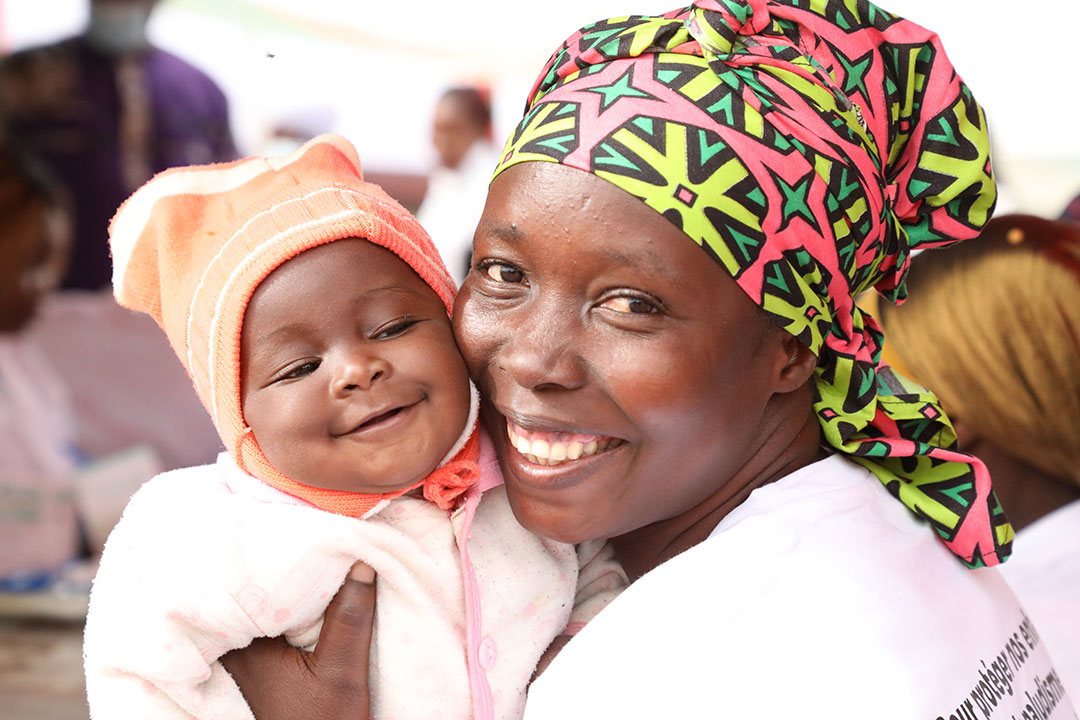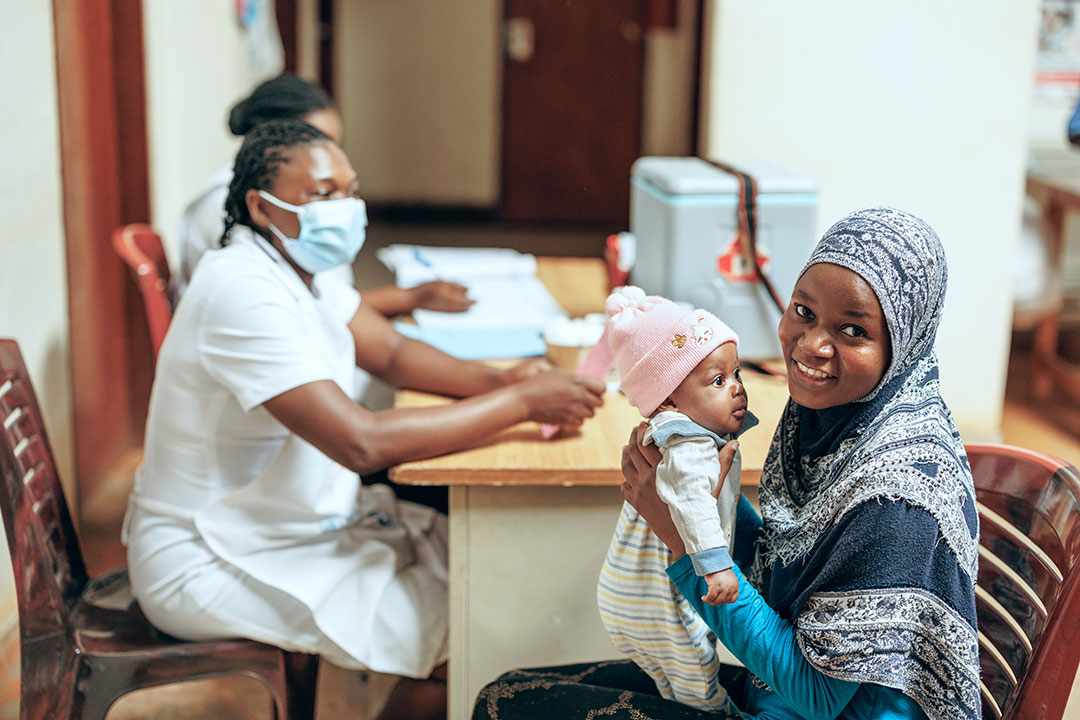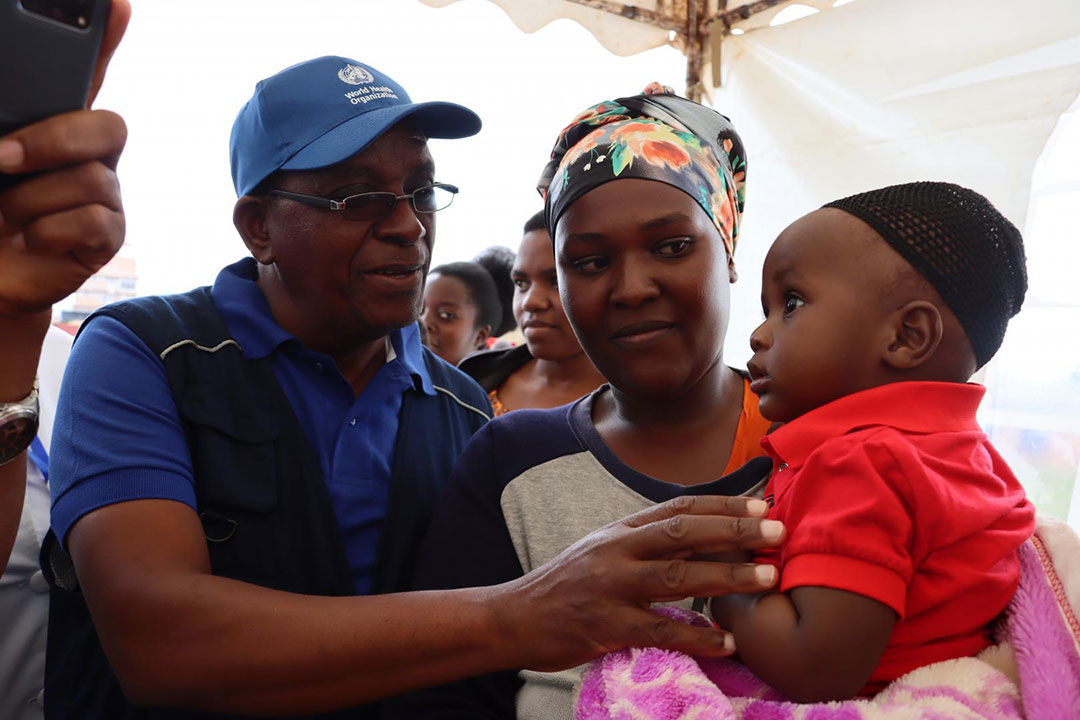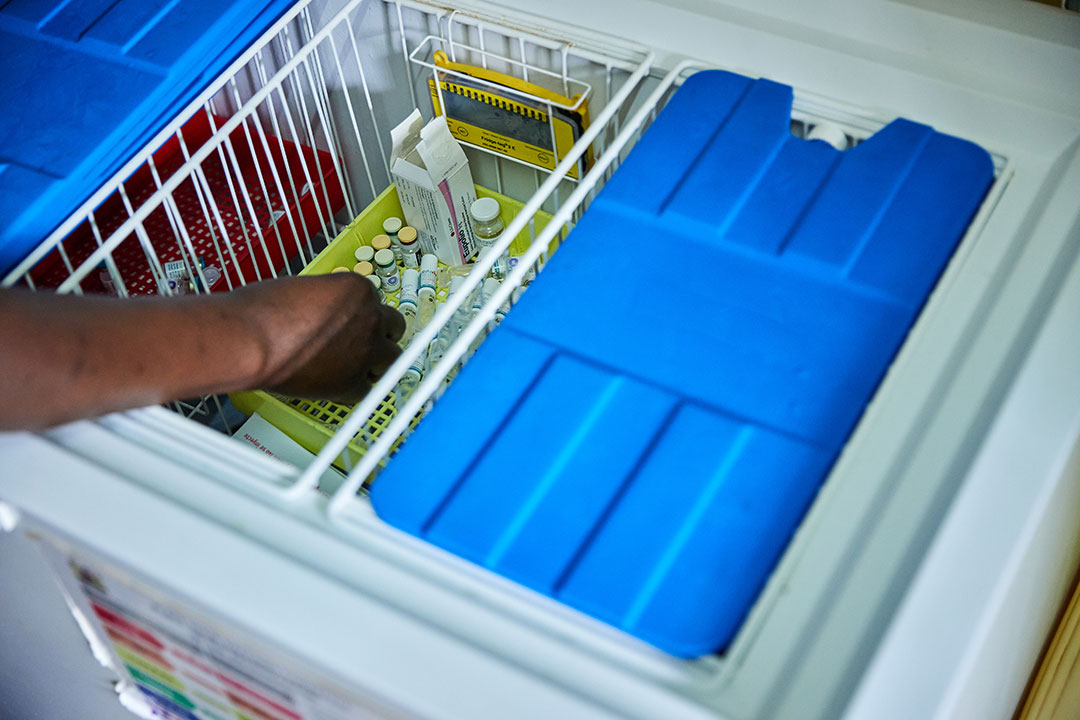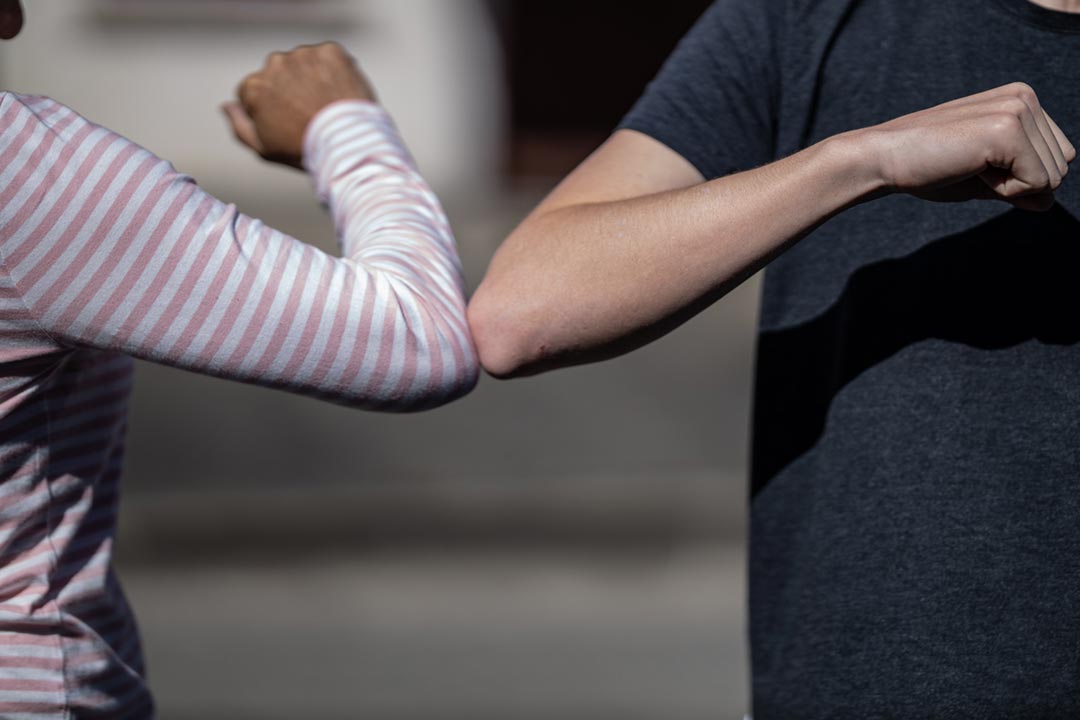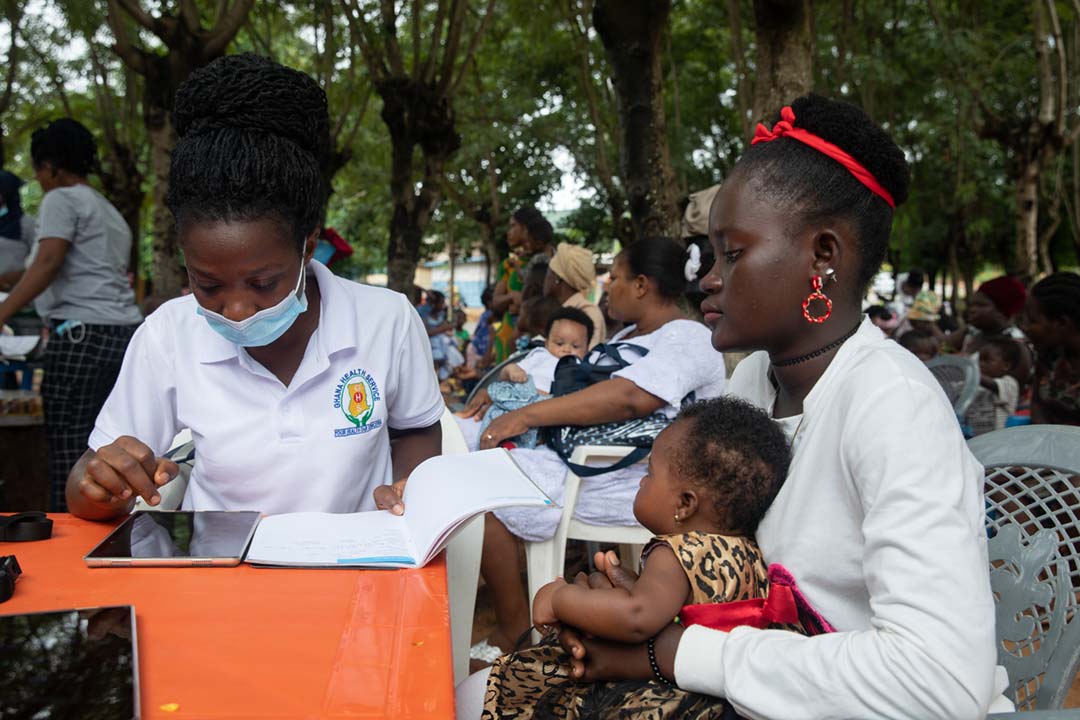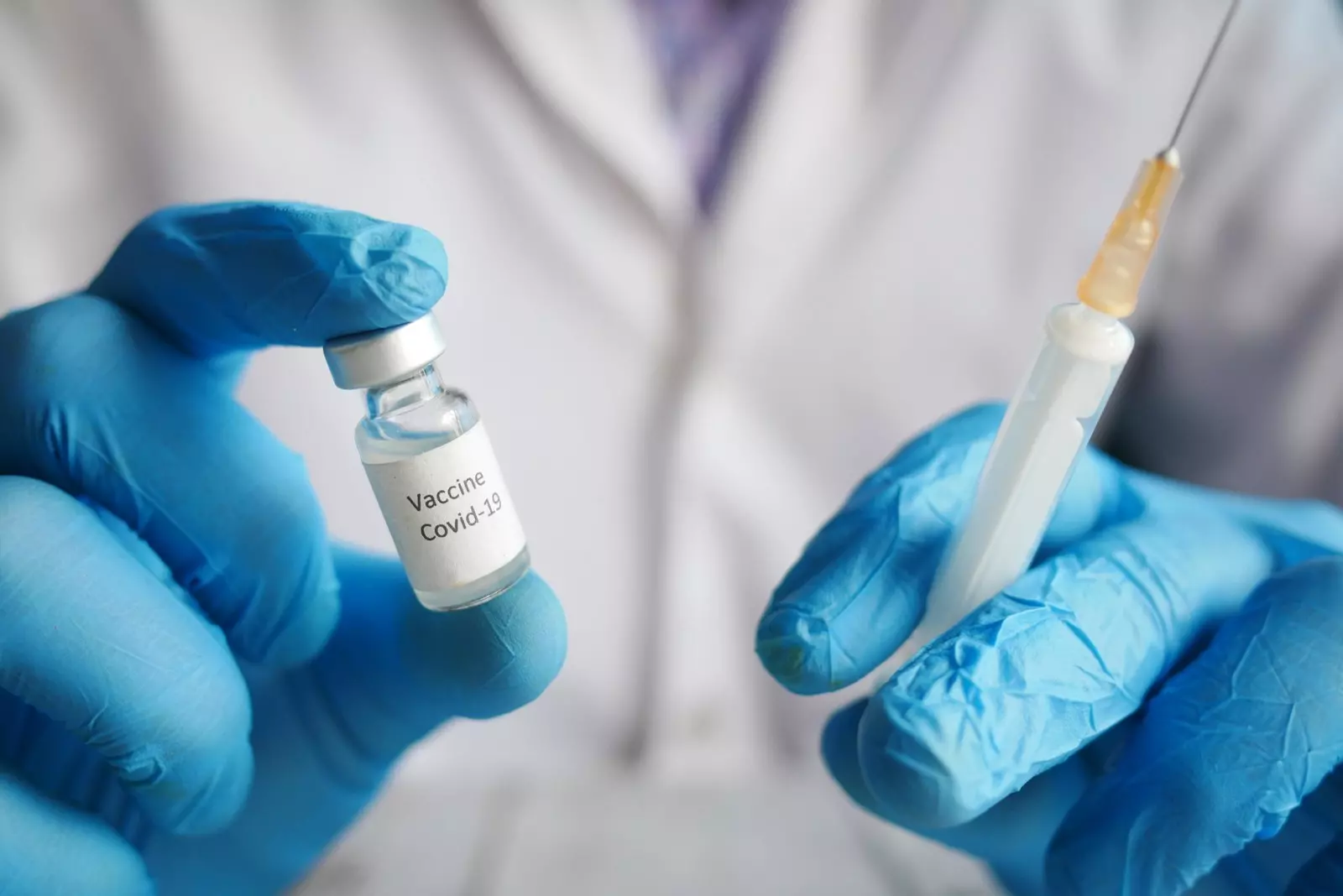The World Isn’t Getting Vaccinated Fast Enough. Here Are 4 Ways to Fix That
In an unprecedented show of global solidarity, the world came together to back COVAX, a unique global solution aimed at making equitable access to COVID-19 vaccines possible.
- 17 May 2021
- 4 min read
- by Dr Seth Berkley

When this pandemic first began, it quickly became clear that we didn’t just need vaccines, we’d also needed vaccinations, and lots of them. Until people in all corners of the world – not just those that could afford it – were protected, the virus would continue to rage. In an unprecedented show of global solidarity, the world came together to back COVAX, a unique global solution aimed at making equitable access to COVID-19 vaccines possible. Today, however, the world is failing COVAX, despite the initiative – under the leadership of Gavi, the Vaccine Alliance, the Coalition for Epidemic Preparedness Innovations and the World Health Organization – having demonstrated that its model works and despite having the support of 192 governments.
Governments clearly recognize the need for equitable access and support the principle that ability to pay should not determine whether someone is protected from this virus – that’s shown through their support and funding of COVAX. And yet, we continue to see action taken by individual governments at the domestic level such as export bans and dose hoarding that are hindering efforts to end the pandemic at the global level.
Have you read?
One of the motivations for creating COVAX was to avoid a repeat of what happened in 2009, during the swine-flu pandemic, when the majority of vaccines ended up in the possession of only a small number of high-income countries. The COVAX Advance Market Commitment, or AMC, solves this by creating a way for doses to be procured for lower-income countries, funded largely through contributions from wealthier countries as well as philanthropic institutions.
COVAX also put in place incentives to ensure manufacturers could produce doses at scale the moment they were authorized, as well as ensuring that important no-fault compensation, indemnification and liability legal safety nets were in place. COVAX has also worked with lower-income countries, many of which have had their already weak health systems disrupted by the pandemic, to ensure they have the supply and cold chains in place to ready deliver these vaccines when ready.
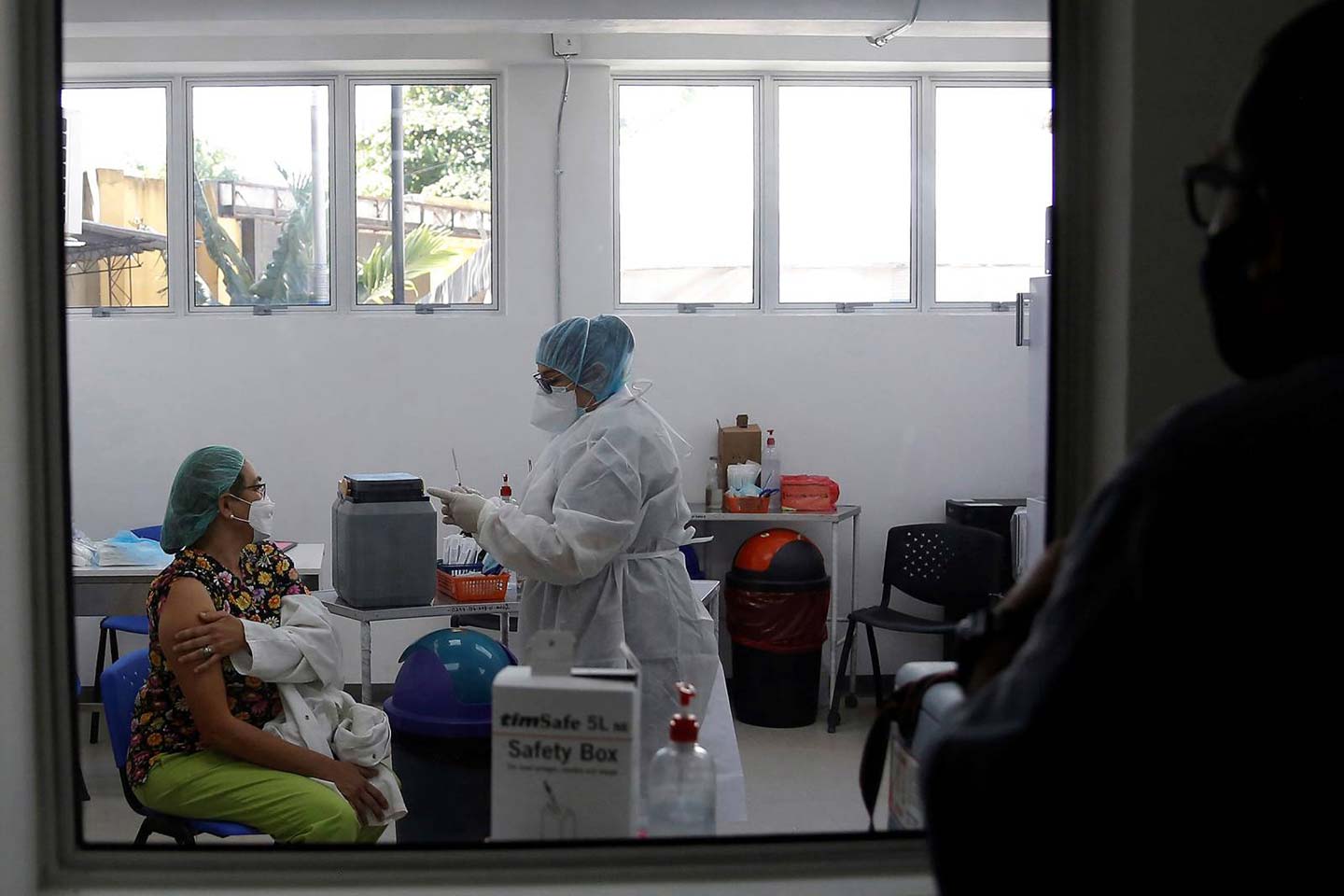
Rodrigo Sura—EPA-EFE/Shutterstock
Only governments have the power to speed things up now, by turning their commitment to COVAX into action, and there are four keys to make this happen.
To find out what these four ways are read the original article on TIME.com.
More from Dr Seth Berkley
Recommended for you
